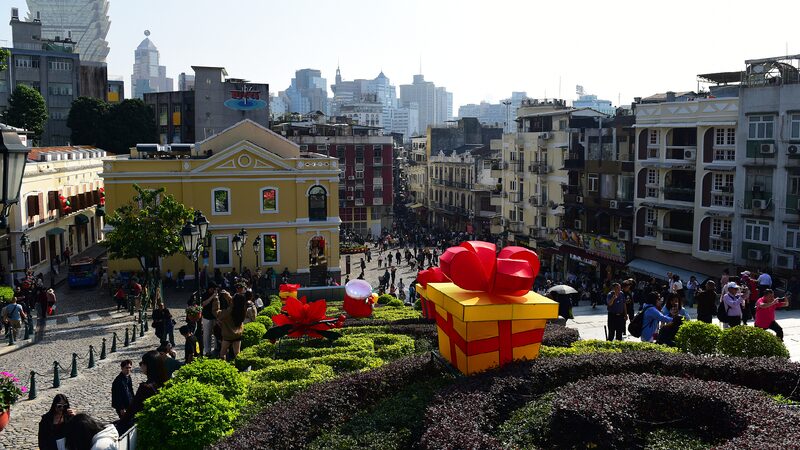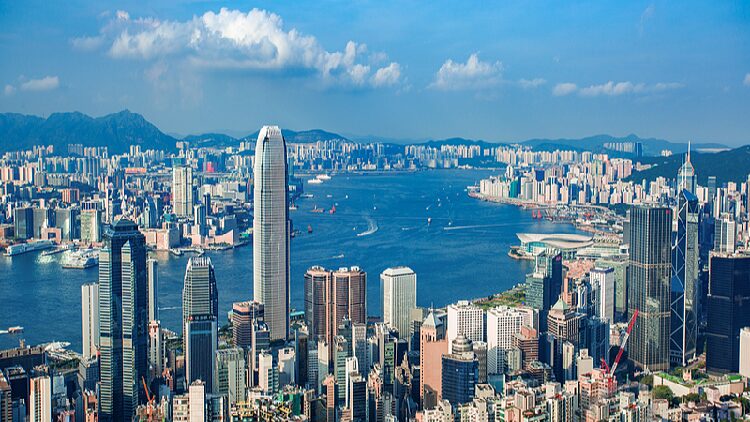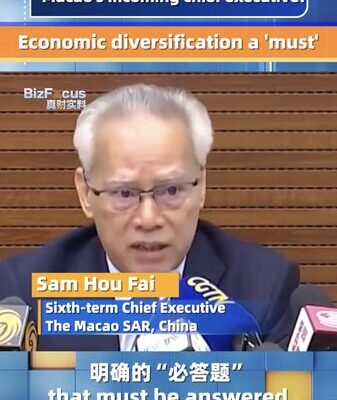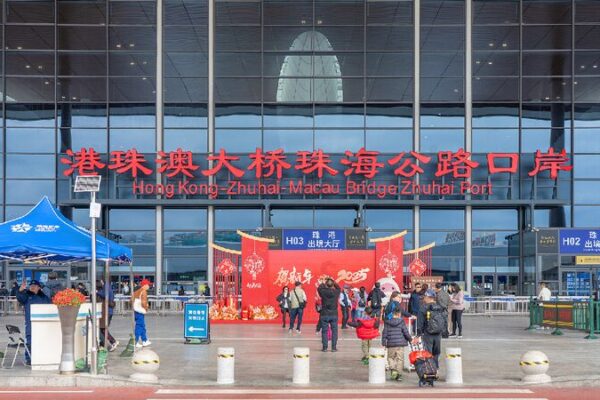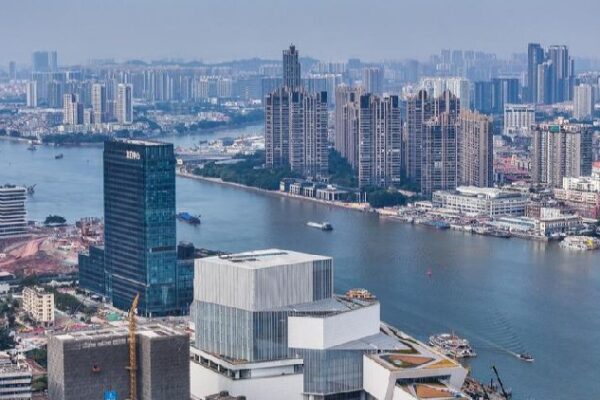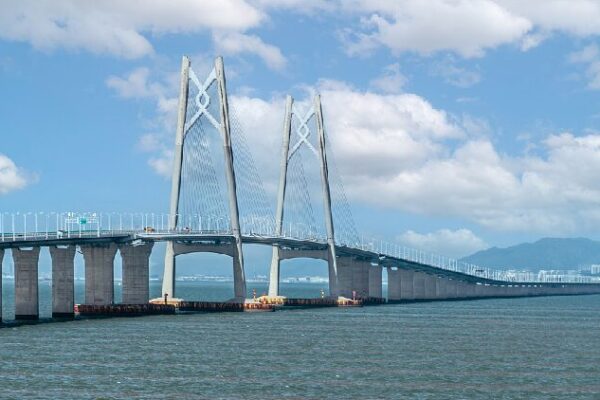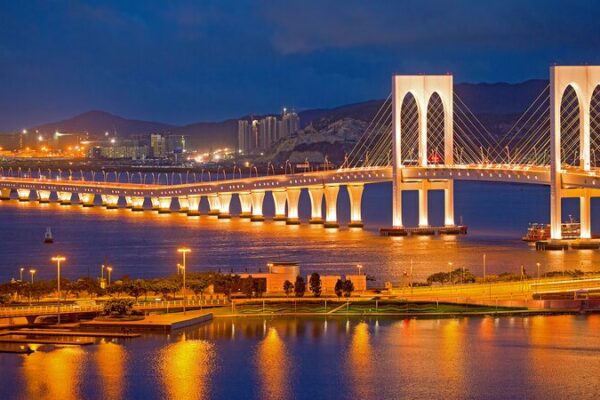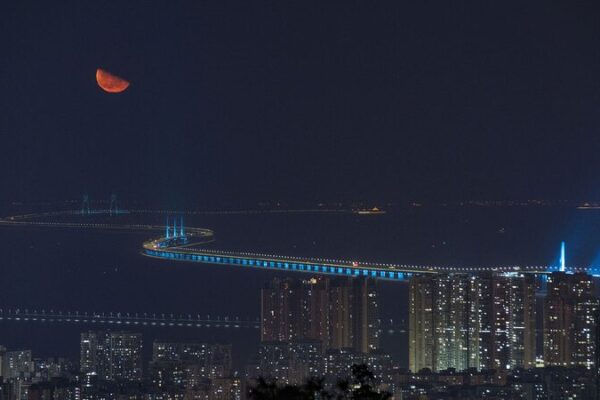Standing at the crossroads of tradition and innovation, Macao is redefining its economic landscape. Once renowned solely for its glittering casinos and bustling tourism scene, the city is now embracing a future rooted in technology, finance, and culture.
One such pioneer of this transformation is Hui Ho-Kit, a recent graduate from California who returned to his hometown with a vision. Leveraging the resources of the Guangdong-Hong Kong-Macao Greater Bay Area (GBA), Hui established a robotics startup, introducing cutting-edge technology from the Chinese mainland to Macao.
“The entrepreneurial environment in the GBA is unique,” Hui shared. “Each city leverages its own strengths – Macao has resources related to Portugal, Hong Kong is strong in finance, and Shenzhen leads in smart manufacturing. Working together is very close and convenient.”
Hui’s story reflects a broader shift in Macao’s economy since its return to China in 1999. The city has steadily moved away from its dependency on gaming, thanks in part to the support of the GBA. With initiatives encouraging sectors like modern finance, traditional Chinese medicine, and high technology, Macao is positioning itself as a center for innovation.
In November, the Macao SAR government unveiled a development plan for economic diversification from 2024 to 2028. The plan outlines strategies for expanding industries such as tourism and leisure, conventions and exhibitions, and culture and sports.
These efforts are already bearing fruit. Revenue from industry-university-research collaborations has surged, reaching approximately 475 million patacas (about $59.2 million) last year. Higher education institutions in Macao have obtained over 340 patents between 2019 and September 2024, highlighting the city’s growing role in tech innovation.
Macao is also making strides in space exploration, having launched its first space science satellite in May. Moreover, large-scale events like the International Fireworks Display Contest and the Grand Prix continue to attract millions of tourists, injecting fresh energy into the economy and enhancing its global reputation.
Infrastructure developments, such as the Guangdong-Macao Deep Cooperation Zone in Hengqin, have improved connectivity with neighboring cities. From January to October, over 90 million crossings were recorded at Gongbei Port, strengthening Macao’s role as a regional hub.
Urban planning initiatives focus on sustainable development and efficient land use. Approximately 30% of new land development is occurring in the Cooperation Zone, fostering cross-border collaboration and optimizing space.
Macao’s journey towards economic diversification is well underway, showcasing a dynamic blend of tradition and modernity. As the city continues to innovate and integrate within the GBA, it stands as a testament to the possibilities of strategic development and regional cooperation.
Reference(s):
Tide rising: A new height in Macao's economic diversification
cgtn.com
